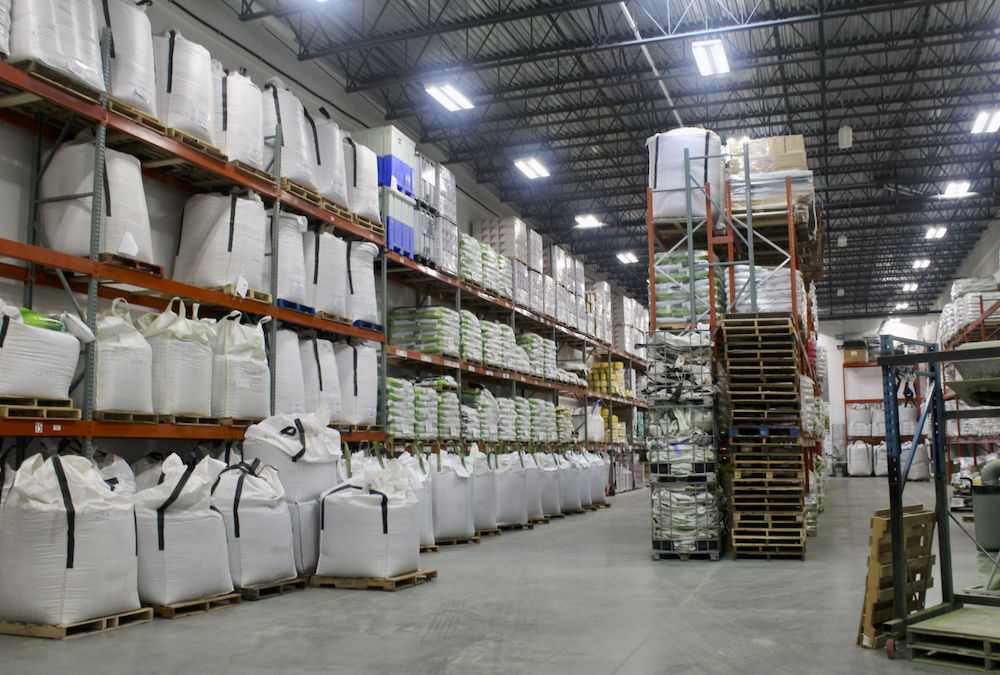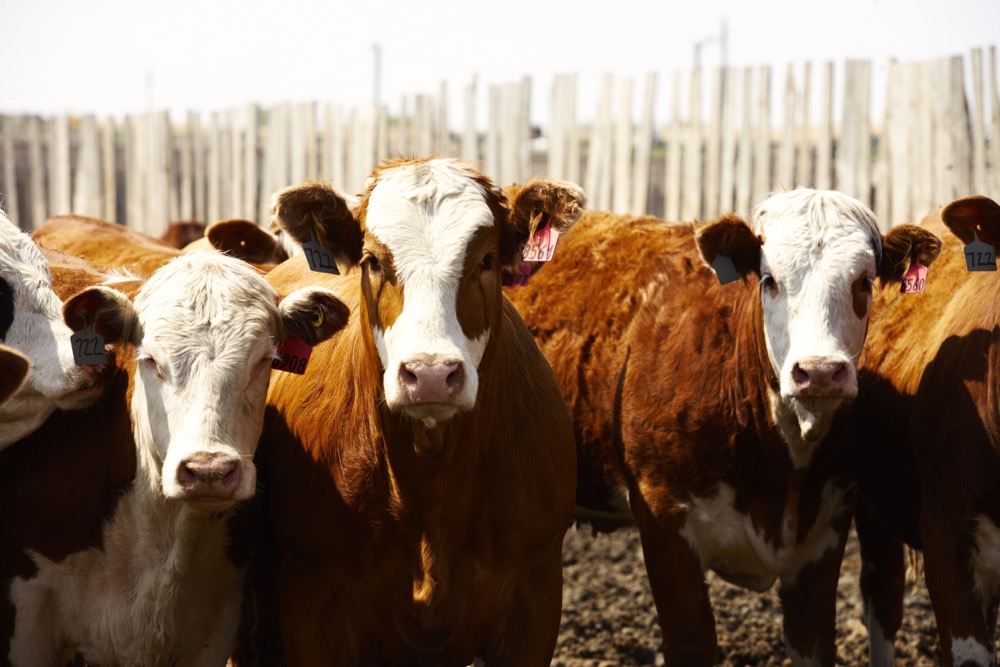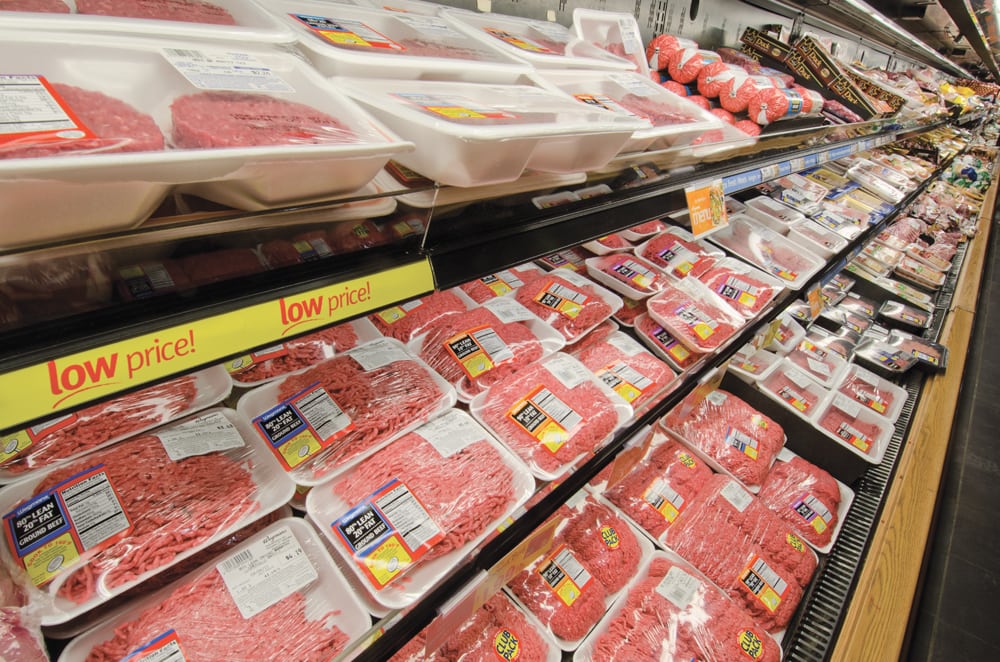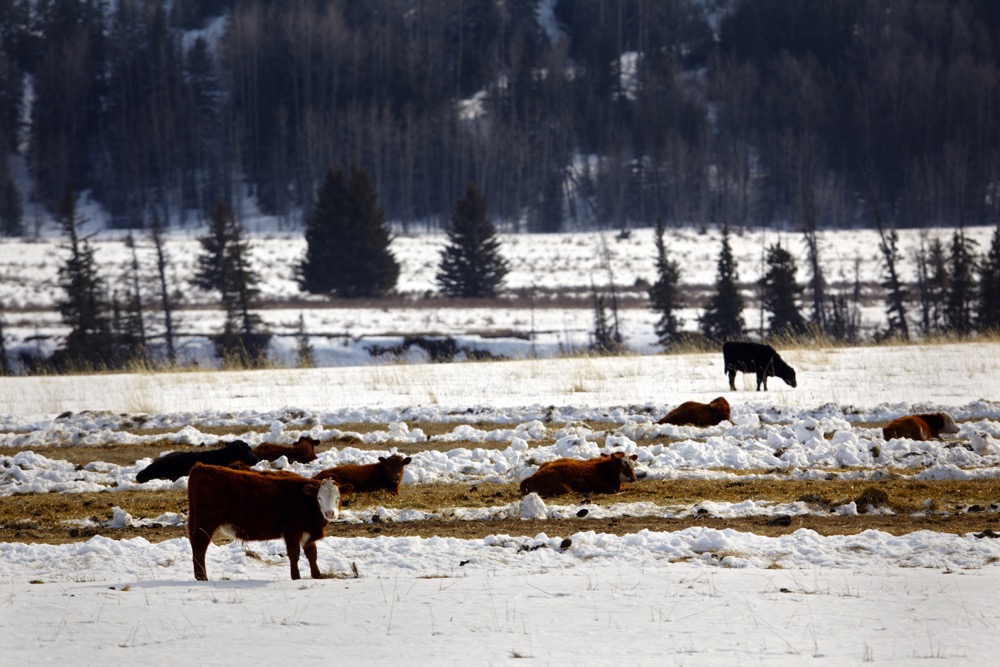Canadian exhibitors and trade representatives at SIAL Paris, the big international food fair, remained generally upbeat concerning the prospect of a positive conclusion being reached on the Comprehensive Economic and Trade Agreement (CETA), the delayed trade agreement which was still being negotiated by the EU and Canada last month.
SIAL’s timing, running from October 16-20, could hardly have been worse for CETA watchers, given the last-minute blocking of the agreement by Belgium’s Wallonia region. Although this region only represents 4.5 per cent of the Belgian population, Wallonia’s opposition kept CETA on hold throughout the international event.
Read Also
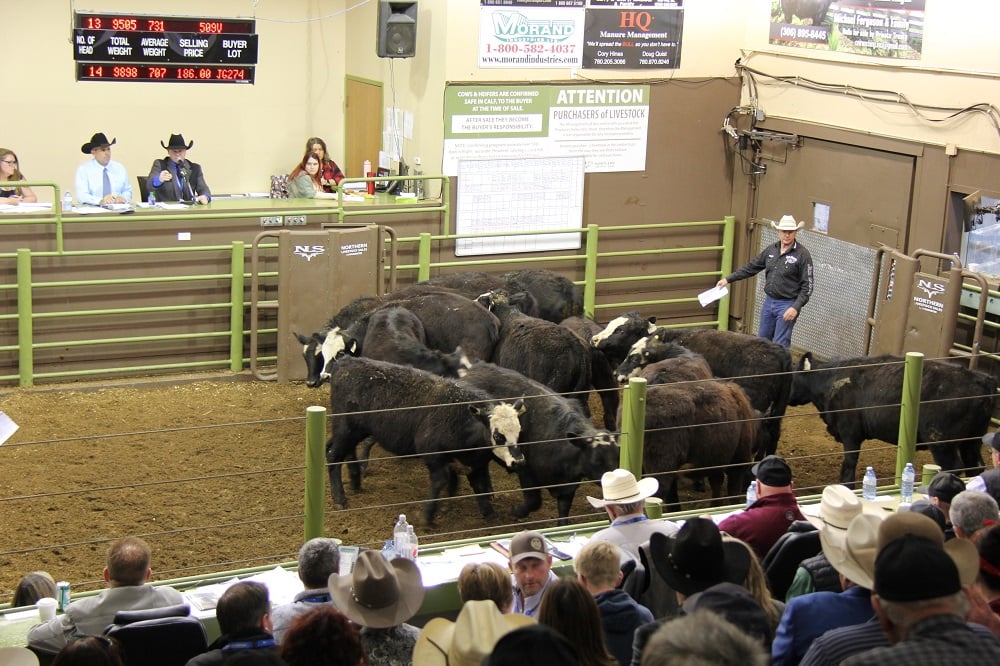
Cattle Market Summary
Break-evens, cow and calf prices, plus market summaries courtesy of Canfax and Beef Farmers of Ontario. Cost of Production May…
Despite considerable CETA frustration voiced by Canadian representatives in Paris, export traders were as busy as usual, not least on the Canada Pork International stand, which this year included businesses which also export beef and lamb. The same was true in the Canada country sector of the show, which contained 46 exhibitor booths, covering products from meat to grain, soya to maple syrup and just about everything in between.
The country sector also had export booths run by the governments of Alberta and British Columbia and the Ontario Ministry of Agriculture, Food and Rural Affairs. With Canadian government trade commissioners also available to exhibitors at the Paris venue, a five-hour CETA session was held early in the week to enable national and federal government representatives to prepare for what they hoped would happen next, namely the final approval of the agreement and a smooth passage to its official signing by Prime Minister Trudeau on October 27.
For individual exhibitors like Calgary-based Ted Haney, president of Canadian Rocky Mountain Beef, the CETA delay is more than just a frustration, however.
“We have successfully exported our highly branded product to Asia and Europe for the last five years, operating in the EU under a duty-free quota shared with the U.S., Australia, Argentina and a number of other countries,” he said.

“This was established as compensation against Europe’s ban on beef derived from hormone-treated cattle and works fine, so long as the quota isn’t fully utilized. Once it is used up, however, the next best export step attracts a 20 per cent tax on arrival, with the step after that incurring prohibitively high tariffs.
“While we’ve made this deliver as a company, the shared quota basis increases our risk and decreases our guaranteed access to the EU market. Approval for CETA, on the other hand, would give Canada, and only Canada, approximately 60,000 tonnes of tariff-free access for beef. This would substantially reduce our risks as an individual business while clearing the way for a significant growth of beef exports in general from Canada to Europe.”
Asked for his reaction to the fact that CETA would establish free access to Canada for EU beef while still excluding hormone-derived Canadian product from the EU, he agreed this was “an issue.”
“Frankly, however, we would just have to build through that as a country,” he said.
As for whether he expected CETA to be approved any time soon, he added: “I look at figures and economics all the time and make business projections accordingly. The only area where that skill doesn’t apply, however, is the political realm where nothing can ever be forecast. That’s definitely true of CETA.”
Confidence that sufficient numbers of Canadian beef producers would change their systems under CETA in order to access the EU market, was also voiced by Xavier Poncin, CEO of SIAL Canada, the organization which will run major international food events in Montreal and Toronto in May next year.

“When the wine industry in Ontario decided to open its doors to tariff-free imports, for example, it turned out to be a good move for the local industry,” he said.
“First of all the poor domestic performers disappeared, leaving others to improve their processes and product quality. Now, having started out with 50 vineyards, we are currently up to 130 and I believe the reaction to CETA will be the same from other sectors. That includes beef, a sector which I’m confident will deliver a change of mind-set, once the agreement is concluded.”
Poncin also said he was absolutely convinced CETA will be signed, despite the current delay, adding that he believed the collapse of the agreement at this late stage simply “isn’t possible.”
It wasn’t just Canadian traders and officials at SIAL who were taking an interest in CETA’s development, however.
Leading U.K. livestock export specialist, Jean-Pierre Garnier, told a SIAL news conference that he would be on the “next flight” to Canada if CETA was signed.
“CETA would be a very good deal for us,” he said, speaking in his role as livestock export manager for the U.K.’s Agriculture & Horticulture Development Board. “It’s definitely a development we would welcome and I believe we would be highly competitive in the Canadian beef market. As such, we would be very happy.”
One reason for Garnier’s upbeat comment, or course, is that he sees the early stages of CETA as offering U.K. businesses free access to Canada while the EU’s hormone rules would still limit the flow of trade in the other direction, at least initially.
“For the moment, therefore, we see CETA as offering more opportunities for the EU beef sector than for Canada.”
When asked how his optimism fitted with the U.K.’s planned exit from the EU, with all current indications being that Brussels would be unlikely to approve a “free pass” for Britain to retain CETA status, he replied: “That’s still some years away. Don’t forget that it took the U.K. seven years of preparation to originally become members of the EU and it could take even longer to complete the Brexit process.”
At present, the U.K. government is committed to starting the Brexit program by the end of March next year, followed by two years of negotiations to complete the “divorce.” Garnier, and others within the U.K. food and farming industry, believe the process will run for much longer than that, with today’s CETA delay merely adding substance to their argument.
There’s also a U.K. food and farming view that even 2-1/2 years of free access to the Canadian beef market would enable valuable trading relationships to be developed, potentially creating long-term opportunities for both countries, however CETA and Brexit works out.
Scottish beef producers, represented at SIAL by the country’s promotional organisation, Quality Meat Scotland (QMS) are also watching the progress of CETA with considerable interest.
“The agreement would be very good for Scotland,” said Laurent Vernet, head of marketing at QMS. “We already put some lamb into Canada on a tariff- and quota-free basis but it would definitely be more attractive to some companies if they could put together mixed beef and lamb consignments.”
As for his view on how and when CETA might be concluded, Vernet pointed out that there are several national elections taking place in Europe next year.
“I don’t think the politicians involved in these elections will sign if they’re not sure the policy will be popular with their own public,” he said. “As such, I believe CETA will either be concluded very quickly or made to wait for another year.”



